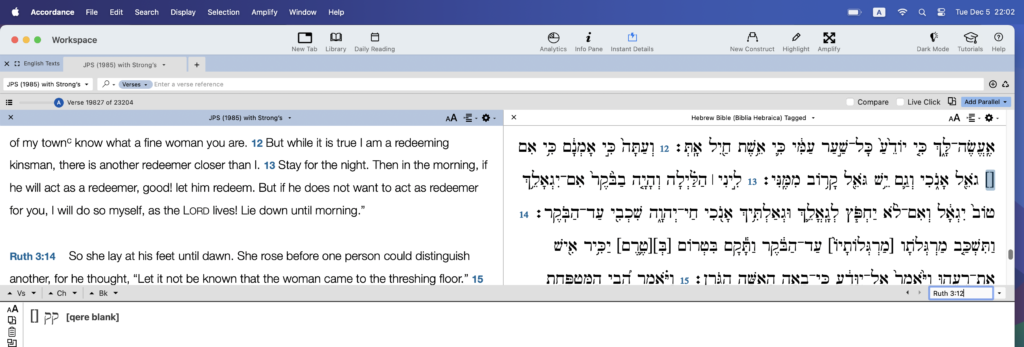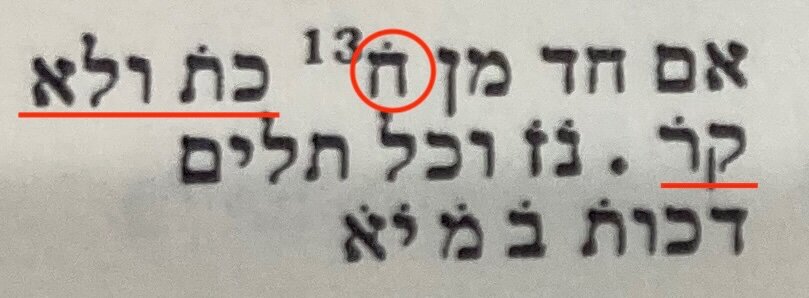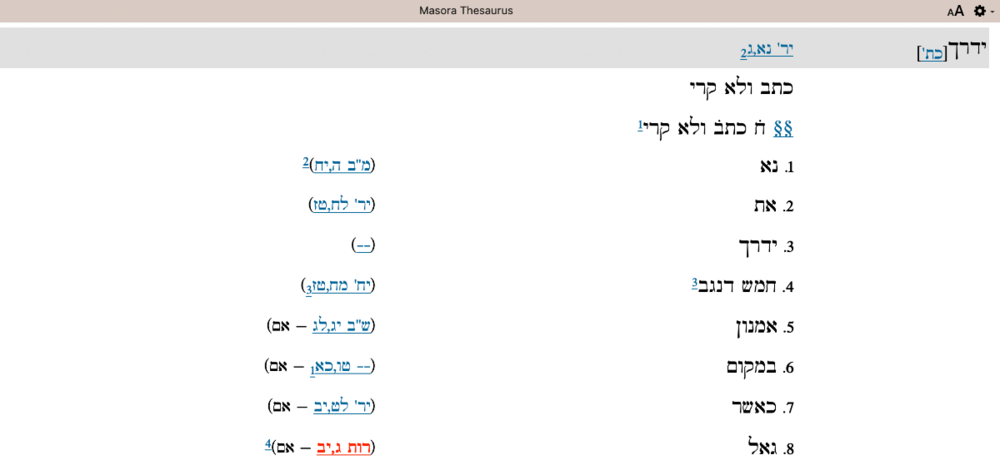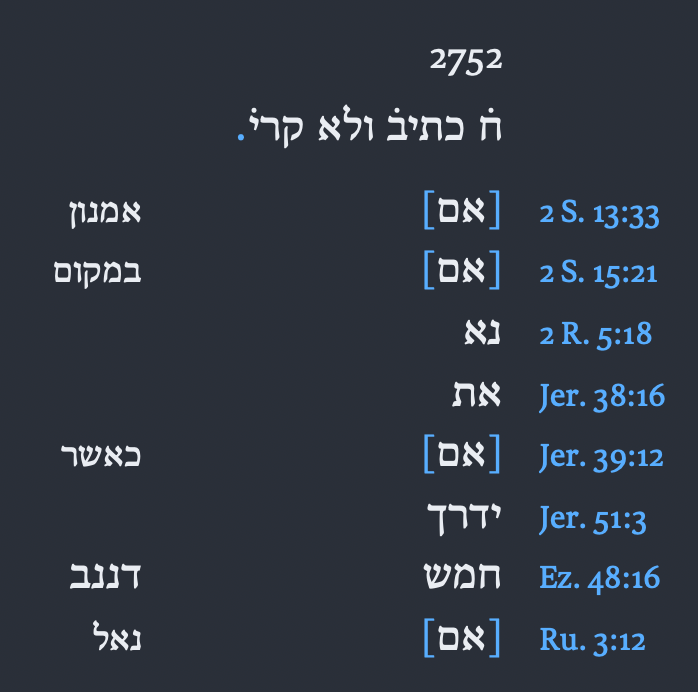κρείσσων γὰρ σοφία λίθων πολυτελῶν,
πᾶν δὲ τίμιον οὐκ ἄξιον αὐτῆς ἐστιν.
indeed wisdom is great than expensive jewels, and nothing is as valuable as it.
glossary:
- κρείττων better, greater
γάρ for, since, then, indeed
σοφία skill; wisdom
λίθος stone
πολυτελής expensive
πᾶς all, every; the whole
δέ but, and, now - τίμιος precious, rare; honorable
οὐ not; no
ἄξιος worthy; worth, value, dignity
αὐτός he, she, it; self, same; they
εἰμί to be, exist



